Here’s What You Hated About School, Based On Your Personality Type
Are there certain personality types that are more catered to in the school system than others? With it being the back-to-school season in the US, I’ve gotten emails from many teachers wanting to know how different types struggle with school and what their biggest complaints are. With that in mind, I decided to jot down this article with some of the most common difficulties that children have in school (or adults!) depending on their Myers-Briggs® personality type.
Also, to all the teachers out there doing their best and working SO hard this school season, THANK YOU!
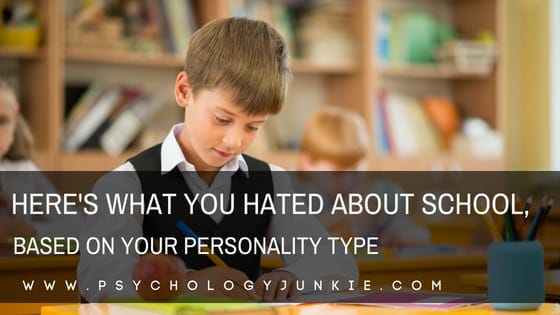
Not sure what your personality type is? Take our new personality questionnaire here. Or you can take the official MBTI® here.
This article contains affiliate links. I only recommend products I truly believe in.
Here’s What You Hated About School, Based On Your Personality Type
What ENFPs Hate About School
ENFPs are all about innovation, creativity, and big ideas. What they hate most in school is having to do things “by the book” or exactly as their teacher has shown them, without any modifications. They also hate repetition and memorization. They want to learn new things at all times and find rote repetition and routine stifling and de-motivating. When they’re given a math problem to do, or a project to create, chances are they’re going to want to find a new way to do it rather than the way they’ve been shown. This tends to land them in hot water with teachers who prefer things done in the exact sequential order they’ve been demonstrated. While ENFPs are often gifted children, they tend to struggle in elementary school where the majority of teaches fall into the Introverted Sensing (SJ) category. SJ teachers will teach in a very methodical, sequential, classical fashion and this tends to be at odds with the ENFP’s natural preferences. You can find out more about the ENFP’s learning style here.
What ENTPs Hate About School
ENTPs, similarly to ENFPs, enjoy an environment where they can innovate, brainstorm, collaborate, and debate. What they hate most about school is having to focus on rote memorization and repetition. They hate having to do things “by the book” without being able to innovate. They will find things like excessive focus on details (like perfect penmanship) irritating and useless in the grand scheme of things. They also tend to dislike atmospheres where they must sit still, be still, and copy down letters and facts exactly as they are shown. They like to collaborate and talk with other students or swap ideas with their teachers. They would much rather have a steep learning curve and a constant influx of new ideas to toy with and analyze. You can find out more about the ENTP’s learning style here.
What INFPs Hate About School
INFPs hate being in a school system that uses the same factory-model for each child and pumps out student after student without any concern for individuality. Sitting still at a desk, repeating facts, and “toeing the line” to get through the school year is disillusioning to them. They want to be creative, to explore new ideas, to imagine, to do things in new ways. Rote repetition and nitty-gritty detail work feels stifling to them and they can find their mind drifting into their own vivid imaginary worlds. INFPs also hate it when teachers show preferential treatment or idolize children who get good test scores while ignoring the unique, out-of-the-box creativity of other students. They hate feeling like they must “blend in” to an environment that focuses on test scores and regurgitating the same old facts that have been taught for centuries. You can find out more about the INFP’s learning style here.
What INTPs Hate About School
INTPs are independently motivated students; they enjoy pursuing their own interests creatively at their own pace. They hate having to spend exorbitant amounts of time on repetition, memorization, and detail-work. Doing things like perfecting their penmanship or memorizing old historical sayings can feel irrelevant to them in the grand scheme of things. They’d much rather focus on courses that teach them logic, reasoning, debate, creativity. Because they are more motivated to meet their own standards than the standards of outside authorities, they tend to be misunderstood in school and even labeled as “lazy” or “distractible”. Unless they are challenged and have a steep learning curve they will find their mind’s wandering to more fascinating subjects. They tend to excel at conceptual studies, math, science, and the arts, but will do better if they can have more independent study time and less time that is overly-regimented and focused on repetition. You can find out more about the INTP’s learning style here.
What INFJs Hate About School
INFJs are creative, independent, big-picture thinkers. They hate having all their time strictly regimented, and they can get bored with a “by-the-book” education style. Regurgitating facts, equations, and sayings over and over again will de-motivate them greatly. They much prefer to have a steep learning curve and continual exposure to new, novel ideas, theories, and problems. They want to know the future implications of what they are learning, and if what they are studying seems outdated or overly-traditional they can rebel against it. They also struggle with having to spend most of their day around other people. They usually do their best thinking when they can be alone in a quiet place rather than a classroom full of students. The noise, emotions, bright lights, and general hubbub of the classroom atmosphere can trigger their inferior function, Extraverted Sensing, and make them feel stressed and overwhelmed. Getting regular breaks to study independently in a quiet setting helps them to feel competent and at peace in the classroom. You can find out more about the INFJ’s learning style here.
What INTJs Hate About School
INTJs are imaginative, logical, big-picture thinkers who tend to hate the “by-the-book”, repetitive nature of school. When given a problem, an INTJ will usually want to think quietly for a while, and then either solve the problem completely in their head or find a new way to do it entirely. Therefore, having to solve math equations and write down facts without any room for imagination, quiet reflection, or innovation gets on their nerves. They also struggle with the overwhelmingly social nature of school. As introverts, having to spend 8+ hours a day in a shuffle of other students can be stressful and de-motivating. INTJs do their best work in a peaceful, quiet environment where they can work independently to achieve big goals. They are usually very self-motivated students if they are given projects to finish or problems to solve, but they hate feeling like everything must be done in a busy classroom environment. You can find out more about the INTJ’s learning style here.
What ENFJs Hate About School
ENFJs, more than many personality types, tend to enjoy school and the social atmosphere and learning opportunities within it. However, if they have no relationship with their teachers or the focus is mainly on test scores and memorizing facts, they can become depressed. They hate feeling like they are just one of many other students who must all become cookie-cutter copies of each other. They want to be creative, to have relationships, to have, as well as give affirmation. They want to come up with ideas that will have big-picture implications and effects. If school is very formulaic, impersonal, and devoid of many creative opportunities they tend to become unmotivated and listless. They need to feel like they can make a difference in the classroom, like they can help people, innovate, and collaborate on ideas that have lasting implications for people. You can find out more about the ENFJ’s learning style here.
What ENTJs Hate About School
ENTJs are ambitious, innovative, big-picture thinkers. As a result, they tend to hate schools that don’t challenge them, that make students do things “by-the-book”, and force them to focus a lot on nitty-gritty details. If they have to spend an exorbitant amount of time perfecting their penmanship, learning old sayings, or repeating facts they can feel de-motivated and bored. If they aren’t challenged or given a constant influx of new ideas and theories to learn they tend to be frustrated with the whole process. They will excel if they can focus on logic, join a debate team, or be given opportunities to prove their competence through individual creativity. They tend to enjoy the competitive and social aspects of school many times, especially if they are challenged and their questions are appreciated. They also tend to enjoy the structure. But if their tendency to play devil’s advocate and try to solve problems in new ways is stifled then they will usually dislike the experience. You can find out more about the ENTJ’s learning style here.
What ISFPs Hate About School
ISFPs are free-spirited, creative, realistic individuals and as a result, they can feel bogged down by the strictly regimented nature of most schools (especially Middle & High school). They learn best when they can instantly apply what they are learning to real life, so overly abstract studies can feel boring or pointless to them. They tend to feel controlled in many school settings and forced to focus on repetition, rushing from class to class, and trying to get adequate test scores. The pressure, the competition, and the constant strict scheduling can be overwhelming to them. ISFPs learn best when they can figure out how their studies apply to real life. They want to go out in the world and use what they are learning. When they can work at a relaxed pace and be surrounded by things that inspire their natural creativity they are much more inspired. They also feel more capable of learning when their teachers support them and appreciate their unique gifts. You can find out more about the ISFP’s learning style here.
What ISTPs Hate About School
ISTPs are fiercely independent, analytical, and focused on real-world problem-solving. As a result, they tend to feel stifled and trapped by the strictly-regimented nature of school. They hate feeling like they have to sit still at a desk all day repeating facts over and over again when they’d rather DO something with what they’re learning. They want to be able to question, to play devil’s advocate, to learn through trial and error and experimentation. While they enjoy problem-solving and working with logic, they prefer to work independently or as part of a competition. Excessive team projects and presentations can de-motivate them because they tend to prefer to work on their own. Overall, many young ISTPs feel that school is monotonous and doesn’t prepare them for the practical realities of real life. If they are paired with a teacher who notices their gifts, allows them to work in their style, and gives them space to question, then their whole school experience can be turned around. You can find out more about the ISTP’s learning style here.
What ESFPs Hate About School
ESFPs are action-oriented, practical, and individualistic. As a result, they tend to hate the overly-structured, monotonous nature of most school settings. As extraverted sensing dominant personalities, they learn better when they can get up and move and be active while learning. Unfortunately, most school systems do NOT cater to this learning style and make children sit still at desks for hours on end. This tends to distract young ESFPs and make the whole process of learning more difficult for them. While they like the social aspects of school, ESFPs (and ESTPs) are probably the type least catered to in the actual classroom. This is likely because there are very few ESP teachers out there; in fact, many of the teachers in K-12th grade are SJ types. Most teachers aren’t having children get up and move around while learning, they aren’t teaching them through hands-on application in real-world/career settings. ESFPs also tend to feel de-motivated if they aren’t given a chance to be creative or if their teacher is very impersonal and doesn’t give them any positive affirmation for what they are doing well. You can find out more about the ESFPs learning style here.
What ESTPs Hate About School
ESTPs are action-oriented, analytical, and independent. They tend to hate the overly-structured, regimented nature of most schools. Just like ESFPs, ESTPs learn best when they can move, react, respond, and experiment. They want to get real-world examples and experience with what they are learning. Being forced to sit still at a desk and shuffle from class to class all day can feel very de-motivating and stifling to them. While they tend to excel in areas of logic and science, they can get bored with repetition, or a focus on highly-abstract topics. If they are given a chance to get up, move around, and DO something with what they are learning they will be much more motivated. They are also motivated by opportunities to compete. They can make formidable opponents on debate team. You can find out more about the ESTPs learning style here.
What ISFJs Hate About School
ISFJs are hard-working, practical, and compassionate children. One of the areas they tend to struggle with in school is not getting enough alone time to process the material as well as they want to. ISFJs learn best in a quiet, peaceful environment and can feel overwhelmed with the commotion and hubbub of classroom life. They also tend to hate being called upon in class without adequate time to process what the teacher has said. They usually need a few moments to reflect on what they are learning before responding. Another area that they dislike is dealing with teachers who force a lot of competition and rivalry. They need to feel affirmed for the good work they are doing, rather than always pushed to compete, get the best scores, give the best presentation, etc,. That said, ISFJs tend to do well in school, and usually get above average grades. You can find out more about the ISFJ’s learning style here.
What ISTJs Hate About School
ISTJs are responsible, realistic, and highly analytical children. While they tend to do well in school, they dislike being surrounded by people most of the day. As introverts, they tend to think better and perform better when they’re given a chance to reflect on what they are learning and work in a quiet, peaceful environment. Having to spend all day shuffling from busy classrooms to busy classrooms can be exhausting to them. While they like the structure of school, they just wish there was more time for quiet, independent study. Another area that they dislike is being called upon in class spontaneously, without being given time to think things over. ISTJs like to ruminate on the facts a little while before responding, and having to instantly react to information given can frustrate them. They don’t like being pressured to “speak up” more in class and exhibit a more extroverted style than is natural for them. You can find out more about the ISTJ’s learning style here.
What ESFJs Hate About School
ESFJs are usually friendly, practical, and hard-working students. While they tend to perform well in school (and statistically get above-average grades), they can struggle with the pressure to always perform the best. Constant testing and a highly competitive atmosphere can feel overwhelming to them, especially when there is no focus on personal growth and no tailored education to meet the specific strengths of students. They want to feel affirmed by their teachers and they are more motivated when they feel appreciated for their strengths. If school is very impersonal, if the teachers don’t reach out to them, or if the focus is more on test scores than applying practical knowledge, they can feel de-motivated and depressed. They want to use what they’re learning to good purpose and they want to see the real-world application for it. When they are given opportunities to apply their learning in real-life settings, they feel much more competent and inspired. You can find out more about the ESFJ’s learning style here.
What ESTJs Hate About School
ESTJs are responsible, competitive, fiercely logical students. While they tend to enjoy school more than many other personality types, they get frustrated if the focus is more on abstract theory than practical application. They want to know specifically how their studies will impact them in real life and they want to be challenged and given opportunities to prove themselves. They tend to feel de-motivated in classroom settings that lack structure or a clear routine. If the teacher seems distractible or doesn’t explain things in a linear order they tend to get frustrated. They also dislike classrooms that don’t allow for collaboration and questioning. They want to be able to speak up, ask questions, work as part of a team, and get up and move around a little bit. Sitting still for 8 hours a day can be stifling to them. You can find out more about the ESTJ’s learning style here.
What Are Your Thoughts?
Did this article apply to your experience or not? Let us know in the comments!
Find out more about your personality type in our eBook, Discovering You: Unlocking the Power of Personality Type.
This article contains affiliate links.




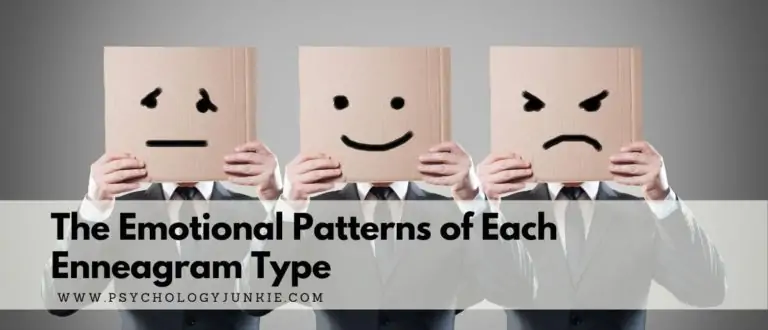
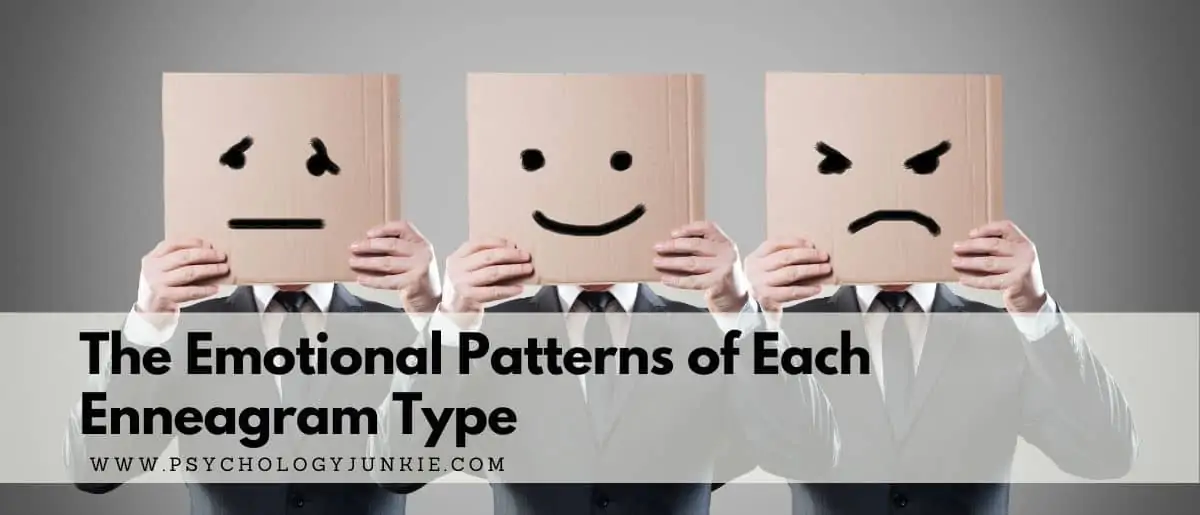





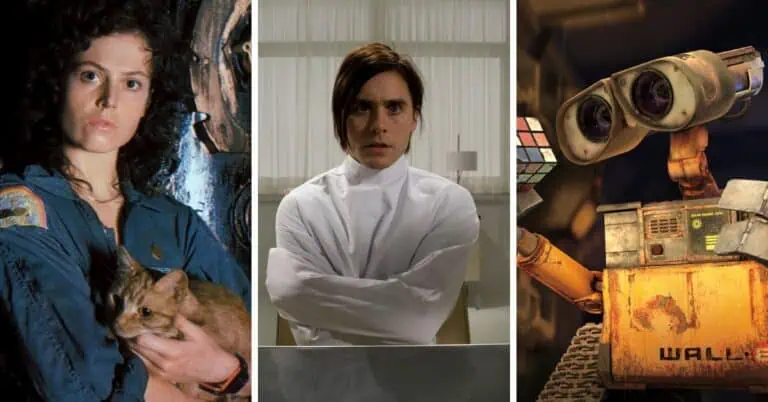
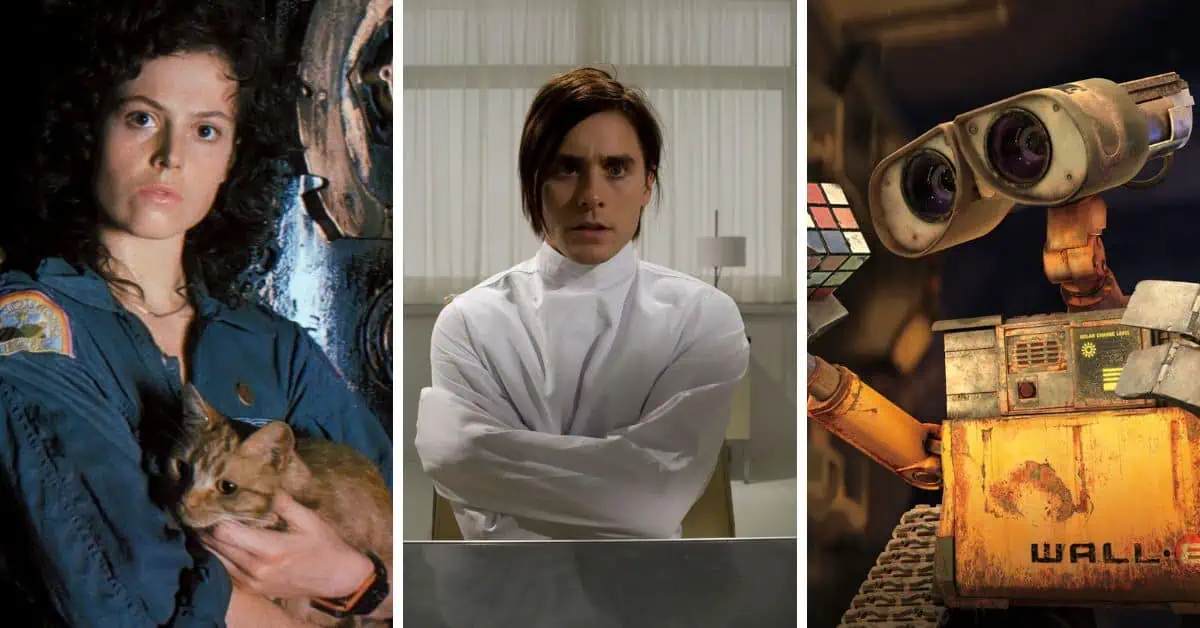


As shown by this and life in general most people don’t like the by the book and constant testing. The school system is broken! And don’t blame the teachers they try their best with a broken system that doesn’t pay enough plus they have but supplies out of pocket. Schoos need to be broken down by interests music or math and children assigned accordingly. Yes everyone needs basics but not 13 years of repitirepns .
I don’t know much about schools in the US, but over here in the UK our classrooms tend to exist as quiet places most of the time, i.e. when working on problems, only when the teacher wanted to teach some new concept or explain something further would we get called back in, which suited me fine as it gave me time to reflect.
The only two things I would say that I hated about school was a) sports, and b) the lack of written information. The INTJ death-stare would take me out to think about problems in greater detail, while the teacher was talking and when I came back things had moved on and I would feel lost.
I feel surprised about what you write about INTPs, I would have thought there Ti-Si functions would make them perfect for the traditional schooling environment.
I think they’re are some good things about this article. However, the basic gist of every extrovert personality is that they don’t like a “by the book” or monotonous or structured atmosphere. All of them. It was almost as if the description was… Monotonous or by the book no matter what else their personality revealed. I couldn’t really give the article much credibility for this reason.
Hi Susan.
Forget MBTI !! I am a young 74 year old and a life of experience has taught me that for young and old minds engagement is premier.
Examples Demonstration Analogy etc.
If they dont respond its always your fault.
No I wasn’t a teacher .I was a trainer and manager in sales. Funny though just like helping my grandchildren learn.
I hated science because the teacher would give us all kinds of information and present it as facts without explaining how anybody figured these things out or whether they were proven to be true. I couldn’t retain any information that was not verified as true so i failed almost every science test because i couldn’t remember what they told me the answer supposedly was. Still to this day I ignore everything scientists spout out because they never explain themselves. The latest thing was that they found 3 planets 600 trillion miles away. I’m sorry but did you travel there? How did you supposedly “figure this out?”
But scientists never give explanations on these things so I have no respect for the profession besides things that are tangible like biology and chemistry etc.
Fellow INTP here. This is quite possibly one of the stupidest things I’ve ever read. Do you expect your teachers to have time to go over every individual experiment underlying every single fact, sometimes going back hundreds of years, often with many other successful experiments already built on top of those earlier discoveries? My experience was that teachers and professors did talk about the process of discovery behind some of the biggest findings in their fields, but there’s only adequate time, money and equipment for students to get details of and redo a few classic experiments for themselves in classes and formal lab sessions; for the rest, you just have to learn the basics of what others have already found and look up more details on your own time when we want to know the background behind a particular discovery. The goal of science classes at lower levels is for you to learn enough of the basics first to understand important things about the world around you that will allow you to then learn more complicated science and maybe eventually know enough to run novel experiments yourself down the line. That doesn’t happen in a day. The higher you go in science classes, the more primary sources you are required to read. University students usually read plenty of papers published by the scientists themselves.
Even at lower levels, it’s not teachers’ or scientists’ fault if you’re too lazy to verify information whose origin you’re unsure of and just decide to reject everything out of hand. Good science teachers are usually happy to talk to interested students after class to point them toward sources of deeper information on any topics covered in class. There’s especially no excuse for your attitude when you have access to the internet and can look into things yourself.
Do you expect scientists to give presentations in your classes or something? They do indeed explain all the damn time. Their careers and reputations depend on publishing papers. Look into whether your school or local library system has subscriptions to databases of scientific journals. When you see announcements about scientific findings in lay media, you virtually always get just the barest outline in those articles and TV and radio news segments. Read the papers the scientists publish in peer-reviewed journals in their field and you’ll see their methodologies, results and conclusions laid out in detail. JFC. The ignorance hurts.